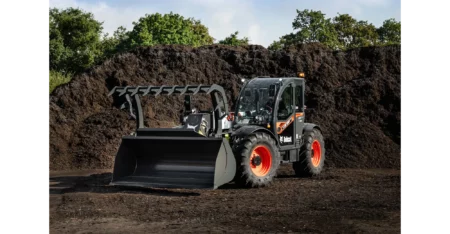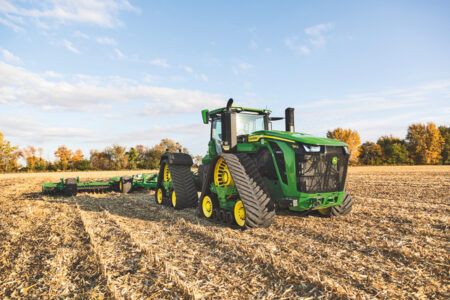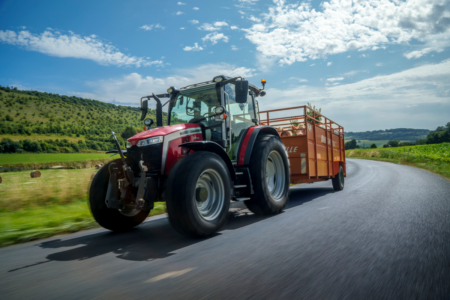The European Farmers and Agri-Cooperatives organizations, represented by COPA-COGECA, have taken to the field on the issue of narrow-track tractors to flank the manufacturing industries.
Modifying vineyard and orchard tractors for compliance with engine Stages IV and V which involves substantial changes of the architecture of the machine to accommodate bulky exhaust after-treatment devices is considered illogical and greatly penalizing for the primary sector.
In the wake of the opposition put up by the Italian Agricultural Machinery Manufacturers Federation, FederUnacoma, and CEMA, the European manufacturers committee, this stance has been strengthened further by the position taken by the European farmers.
This position was made public with the release of an official statement on May 20 by Daniel Calleja Crespo, the director general of DG Growth (internal market, industry, entrepreneurship and SMEs) of the European Commission.
In their letter to the Commission, the farmers’ organizations cited all the difficulties associated with an inflexible application of the norm which fails to take into account the peculiar characteristics of specialist tractors, which must maintain their present characteristics of maneuverability in vineyards and orchards with planting layouts and inter-row spaces which cannot be modified.
The farming enterprises made the point that in the European viticulture sector, vineyards are traditionally planted according to a high-density model compared to present production areas in other parts of the world. This historic wine production method, these farmers’ organizations asserted, is a fundamental characteristic which contributes to the quality of the wine and the traditional European landscape. The professional farmers’ document, in light of this case, stressed the incongruence of EU policy which initially encouraged the creation of high-density vineyards in accordance with the typical European model, and is now forcing a change to wreak damage in landscapes in some of the wine production territories recognized by UNESCO as world heritage sites.
The COPA-COGECA statement went on to also cite the economic side of the issue by underscoring that the upcoming introduction of emission Stages IV and V is expected to further increase purchasing prices by 20-30%, an extra cost for which operators will certainly not obtain a return from the market.
The point of view of the farmers’ organizations carries considerable weight on policy and came as an addition to the dossier delivered to the European Parliament by MEP Elisabetta Gardini, European Parliament rapporteur on the environment, public health and food safety ENVI committee, and to the entire set of engine regulations applying to off-road vehicles.
The purpose of the opposition front is to reach agreement on proposing these general norms with passage of an ad hoc regulation.
June 19, 2015




